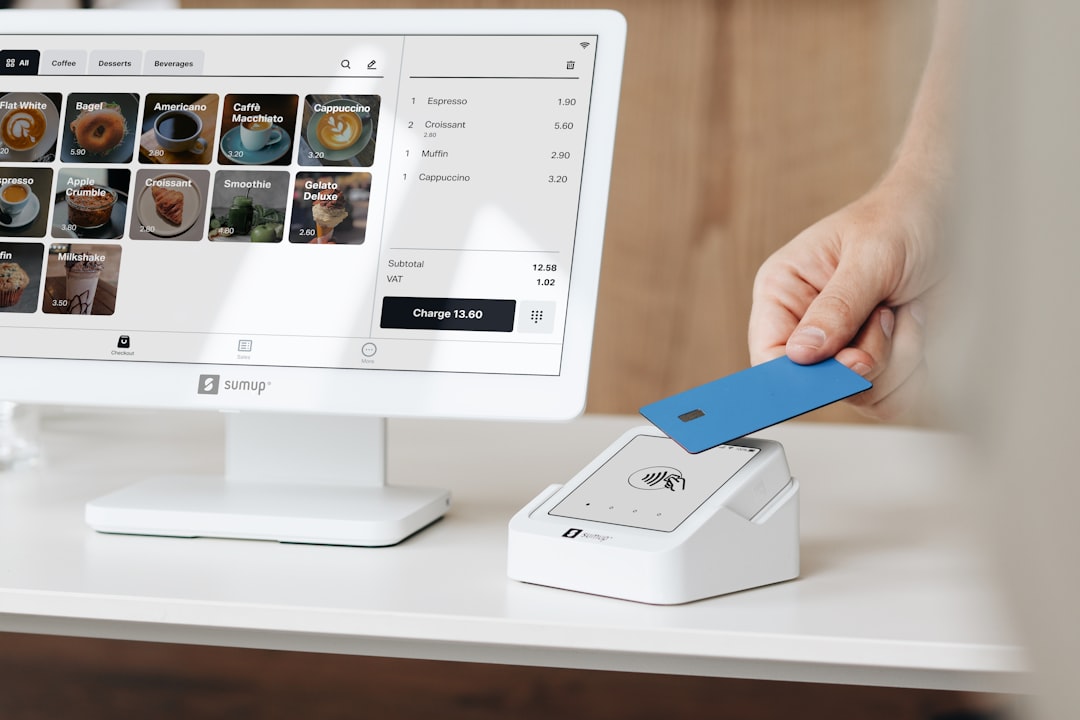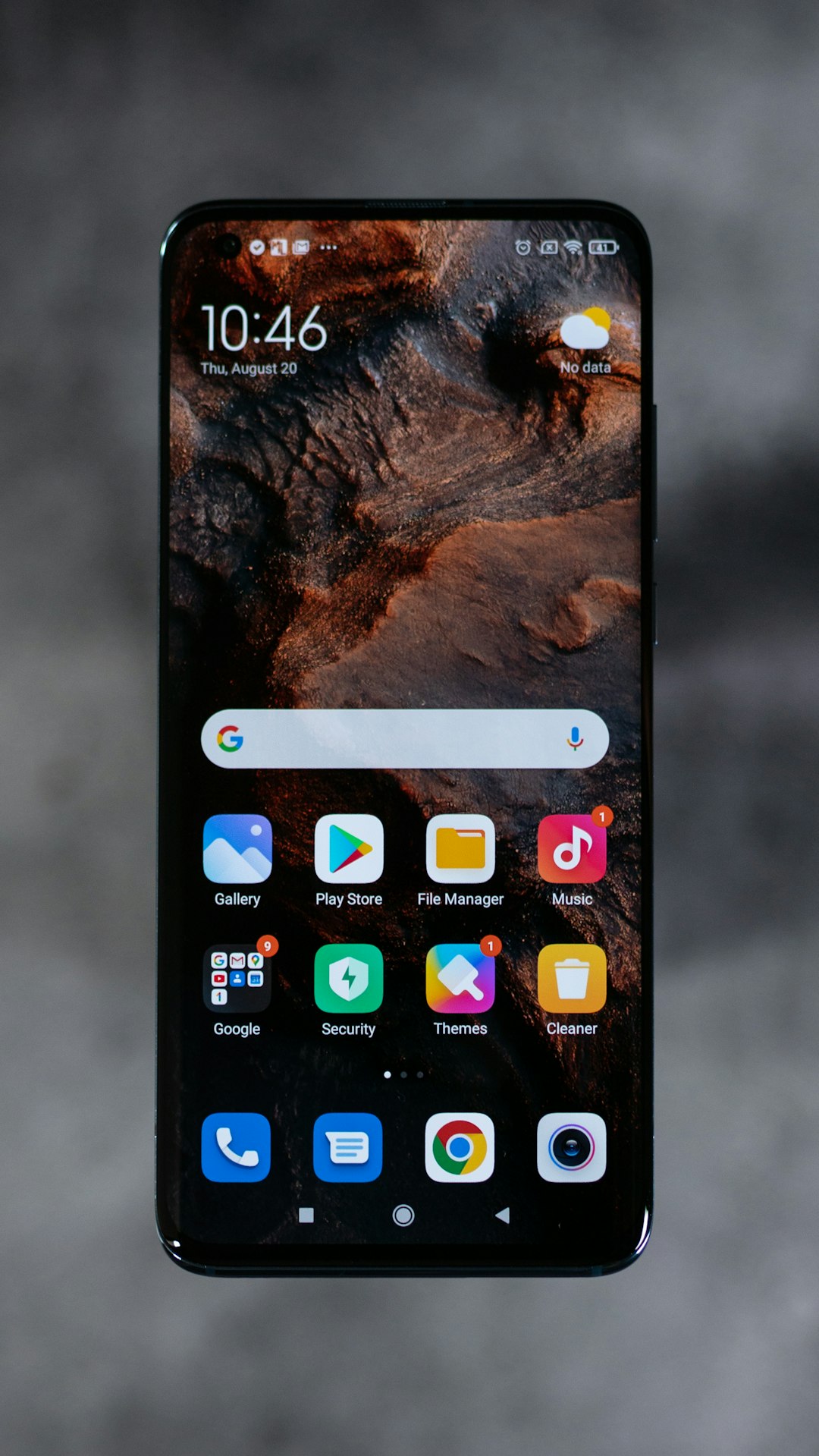Robocalls are a widespread issue in Alabama, but consumers have legal protections against excessive or fraudulent automated calls. The state's Alabama Privacy Act and federal laws like the Telephone Consumer Protection Act (TCPA) empower residents to opt-out of marketing calls and seek damages for unauthorized robocalls. Documenting spam calls and consulting a specialized attorney can lead to complaints with regulatory bodies or class-action lawsuits, offering relief for Alabamians affected by robocalls, including those asking "Can I Sue For Robocalls Alabama?"
In the digital age, robocalls have become a ubiquitous yet frustrating aspect of daily life. This article explores the future of robocalls and what Alabamians need to know to protect themselves. We delve into Alabama’s laws governing these automated calls, consumer rights, and the psychological and financial impacts on residents. Additionally, we provide effective strategies to combat robocalls and highlight the potential for legal action, including whether you can sue for robocalls in Alabama.
Understanding Robocalls: A Common Modern Irritant

Robocalls have become a ubiquitous part of modern life, often disrupting our daily routines with unwanted automated messages. These pre-recorded calls, designed to reach a large number of people simultaneously, are used for various purposes, from marketing and fundraising to reminders and notifications. While they can be convenient for businesses, many Alabamians find them intrusive and annoying, especially when received at inconvenient times.
In Alabama, as in many other states, robocalls have sparked debates about consumer privacy and rights. The sheer volume of these calls has led many people to wonder if they have any legal recourse against unwanted robocalls. Indeed, understanding your rights regarding robocalls is essential, especially if you’re considering whether you can sue for robocalls in Alabama. It’s important to note that certain laws protect consumers from excessive or fraudulent robocalls, offering a measure of relief from this common modern irritant.
Alabama's Laws and Regulations Against Robocalls

Alabama has implemented laws and regulations to protect its residents from unwanted robocalls, offering some relief for Alabamians dealing with this persistent issue. The Alabama Privacy Act prohibits telemarketers from placing automated calls to individuals who have registered their numbers on the Do Not Call list. This list is similar to the national “Do Not Call” registry and allows residents to opt-out of receiving marketing calls.
If you’re wondering, can I sue for robocalls in Alabama?, the state’s laws provide a framework for legal action. Alabama’s Attorney General’s Office has the authority to investigate and take action against companies or individuals making illegal robocalls. Residents who feel their privacy rights have been violated can file a complaint with the office, which may lead to penalties for the offenders. This proactive approach ensures that Alabamians have options when dealing with intrusive robocalls.
When is a Robocall Legal? Consumer Rights in Alabama

In Alabama, robocalls are regulated by state and federal laws designed to protect consumers from unwanted or deceptive calls. Generally, a robocall is legal if it complies with the Telephone Consumer Protection Act (TCPA) and other relevant regulations. Businesses are permitted to use automated dialing systems for marketing purposes as long as they obtain prior express consent from the caller. This means that if you have not given explicit permission for a company to contact you via automated or prerecorded messages, such calls are considered illegal robocalls.
Consumers in Alabama have specific rights when it comes to robocalls. You can take legal action against a company that makes unauthorized robocalls, including seeking damages and blocking future calls. If you believe you’ve received an illegal robocall, document the details of the call, such as the caller’s number and the content of the message. This information can be crucial if you decide to file a complaint with the Federal Trade Commission (FTC) or take legal action by consulting with an attorney specializing in consumer rights, including those related to Can I Sue For Robocalls Alabama.
The Impact of Robocalls on Alabamians: Psychological and Financial

Robocalls have become a ubiquitous part of daily life in Alabama, as they across the nation, leaving many residents questioning their rights and options. The constant deluge of automated phone calls can take a significant psychological toll, causing stress, anxiety, and even sleep disturbances. This is especially true for calls that promote dubious products or services or those originating from unknown numbers, which often fall into the category of spam.
Financially, Alabamians must be vigilant to protect themselves against potential fraud. Scammers use robocalls to lure victims with promises of prizes, refunds, or low-interest loans, asking for personal and financial information that can lead to identity theft and significant monetary losses. While there are laws in place to combat such activities, including the Telephone Consumer Protection Act (TCPA), which restricts automated calls and provides a mechanism for consumers to seek compensation for unauthorized calls, the enforcement of these laws can be challenging. For those who have endured relentless robocalls or fallen victim to scams, consulting with an attorney specializing in telecommunications law may be advisable, including exploring potential legal actions, such as suing for robocalls in Alabama, to reclaim damages and deter future abusive practices.
Effective Ways to Stop and Sue for Robocalls in Alabama

In Alabama, as in many states, robocalls have become a pervasive and often annoying nuisance. While blocking numbers is a common first step, it’s not always effective against persistent or new call patterns. If you’re experiencing a high volume of unwanted automated calls, you may want to consider legal action.
The Telephone Consumer Protection Act (TCPA) offers consumers significant protection against robocalls. Under this federal law, businesses must obtain explicit consent before calling mobile phones with automated dialers. If you’ve received robocalls and are sure they violate the TCPA, you can take steps to stop them and potentially sue for damages. This may include filing a complaint with the Federal Trade Commission (FTC) or seeking legal counsel to pursue a class-action lawsuit against the offending company.






